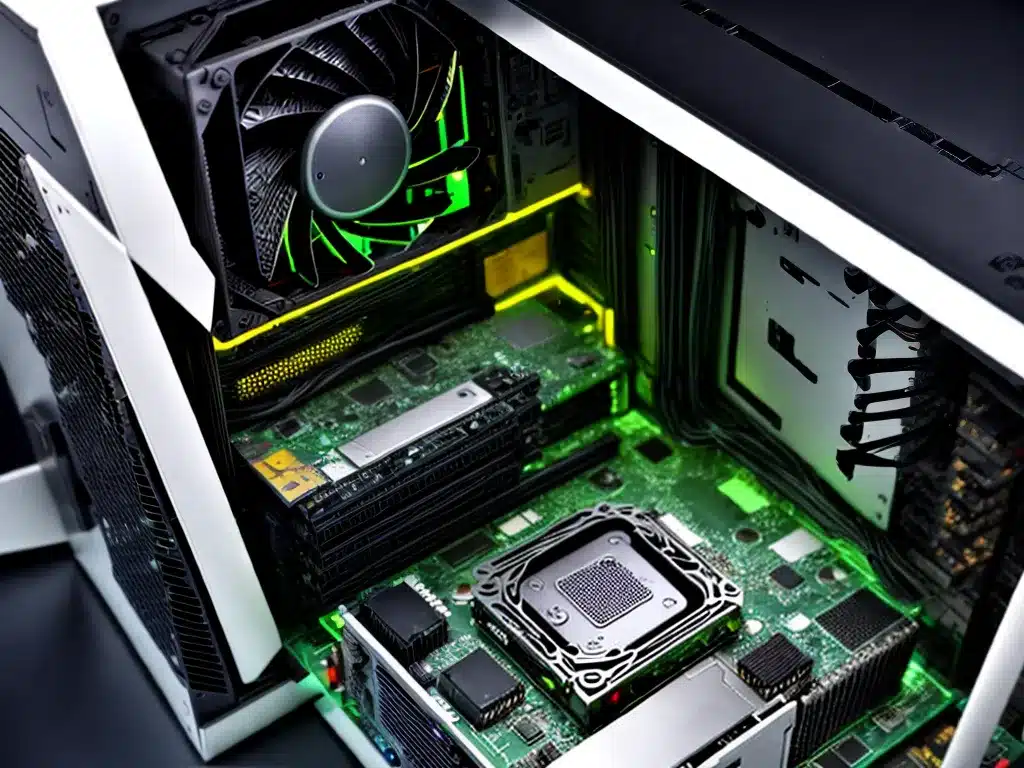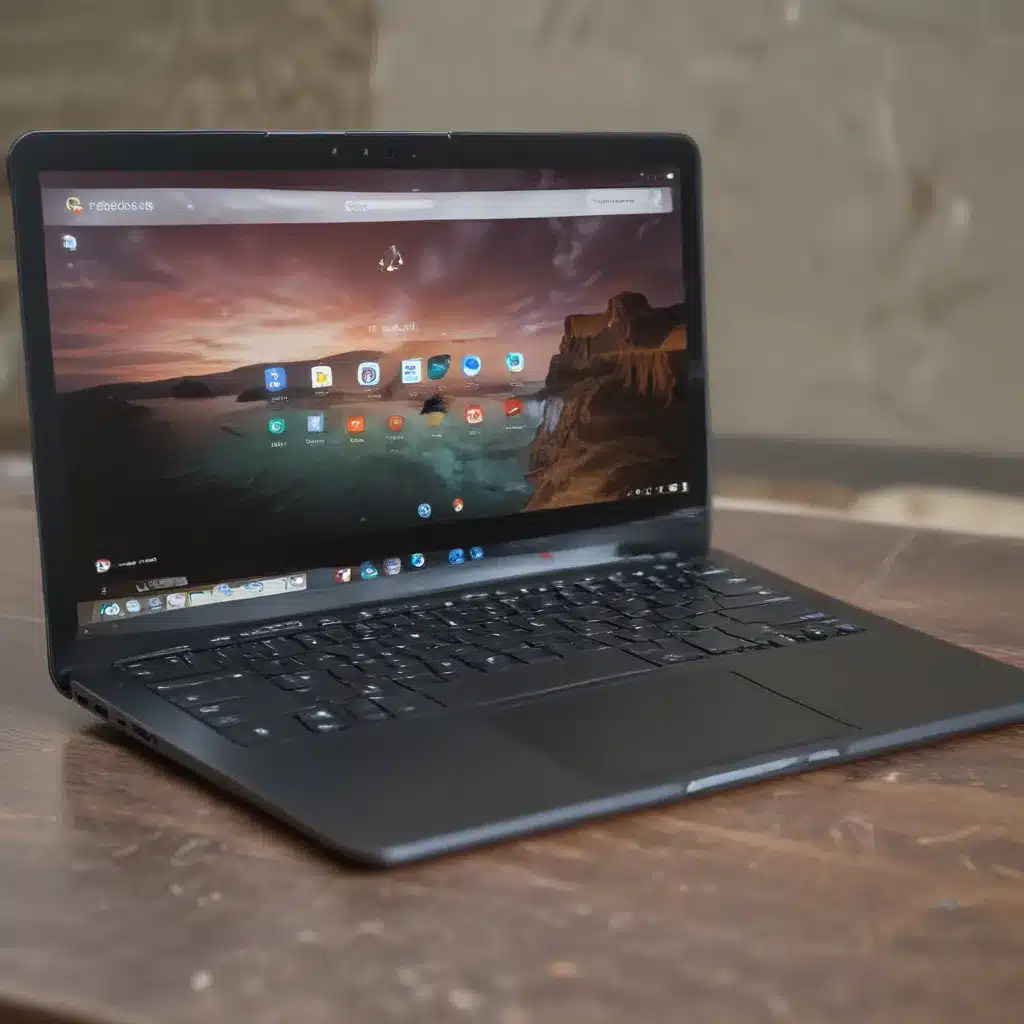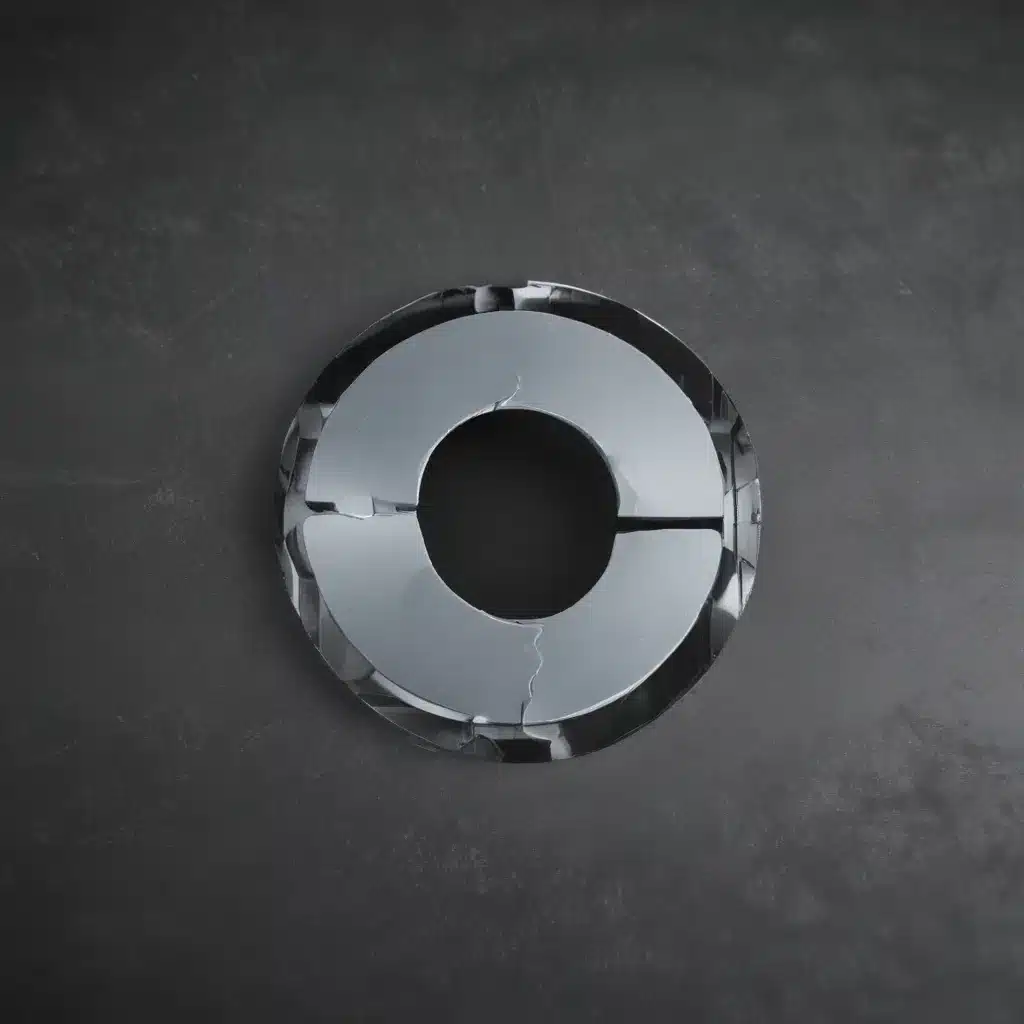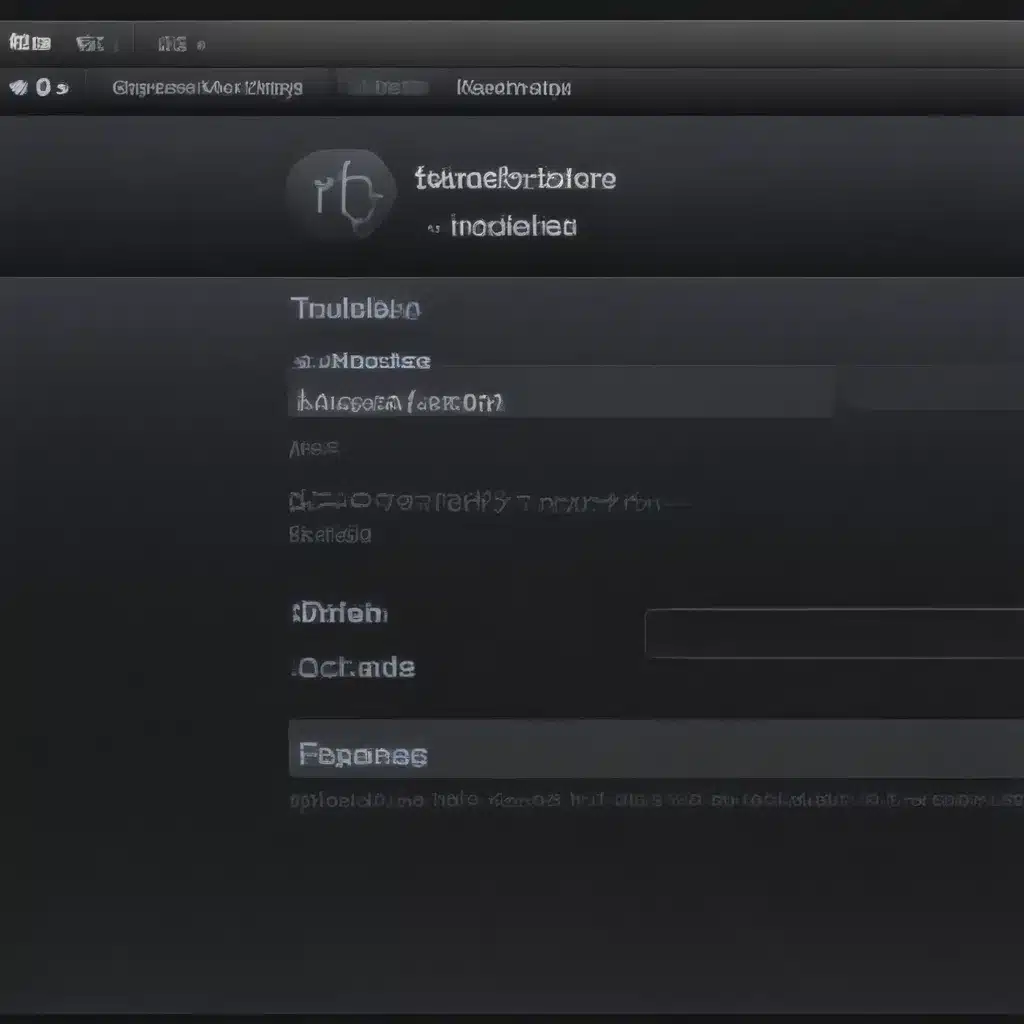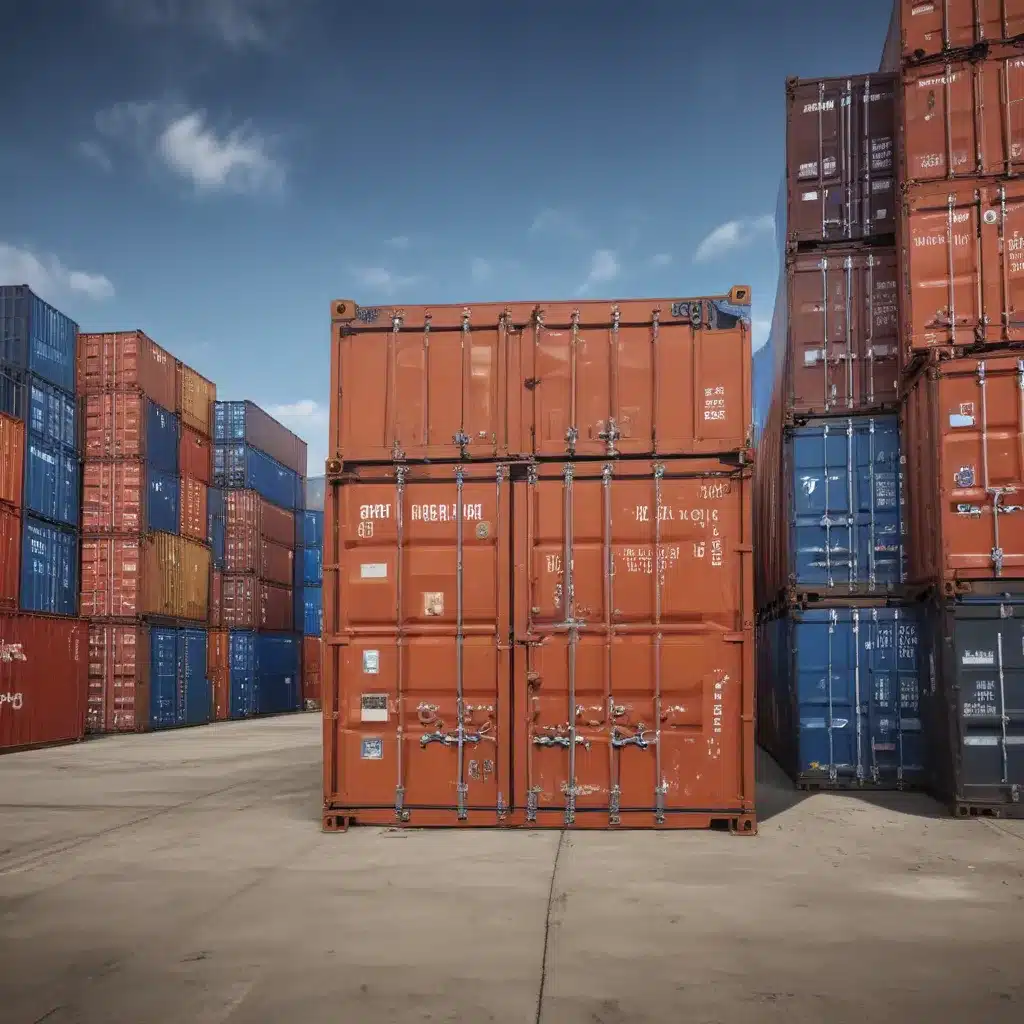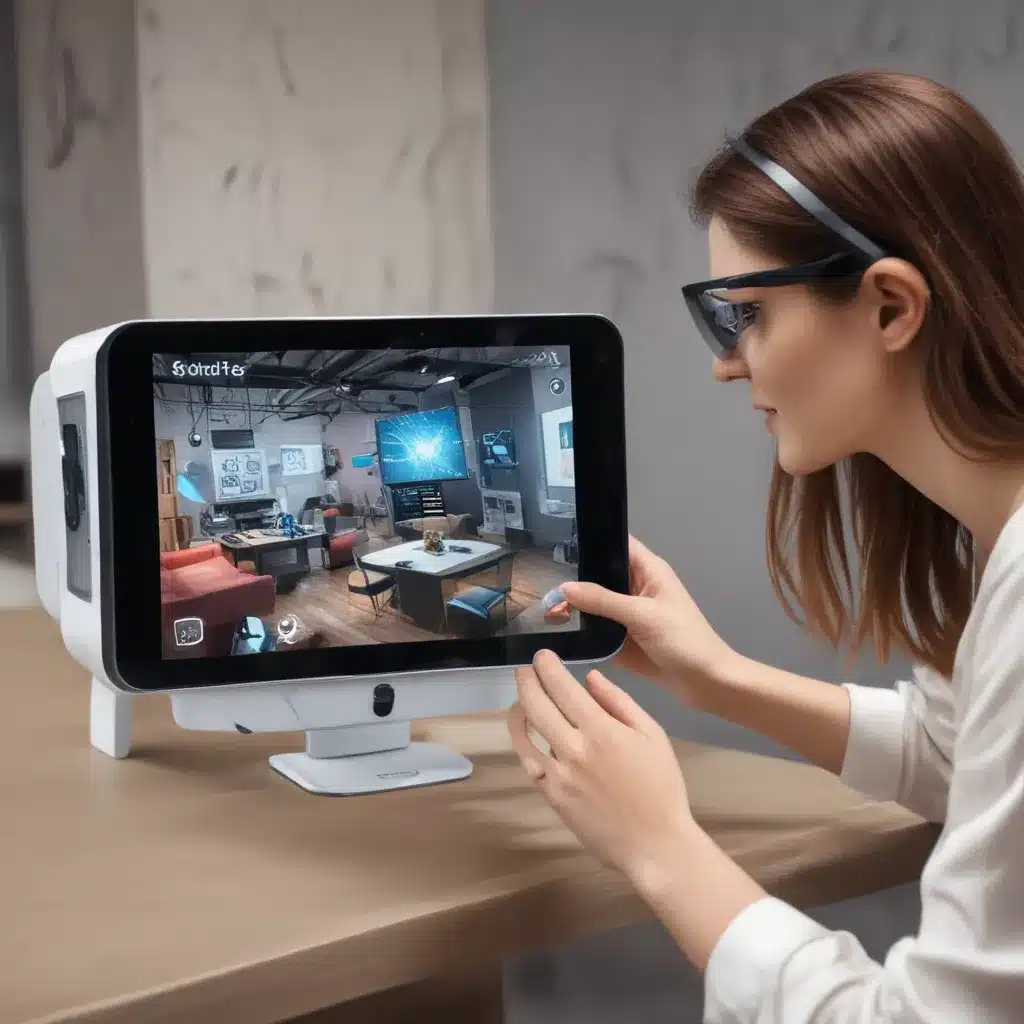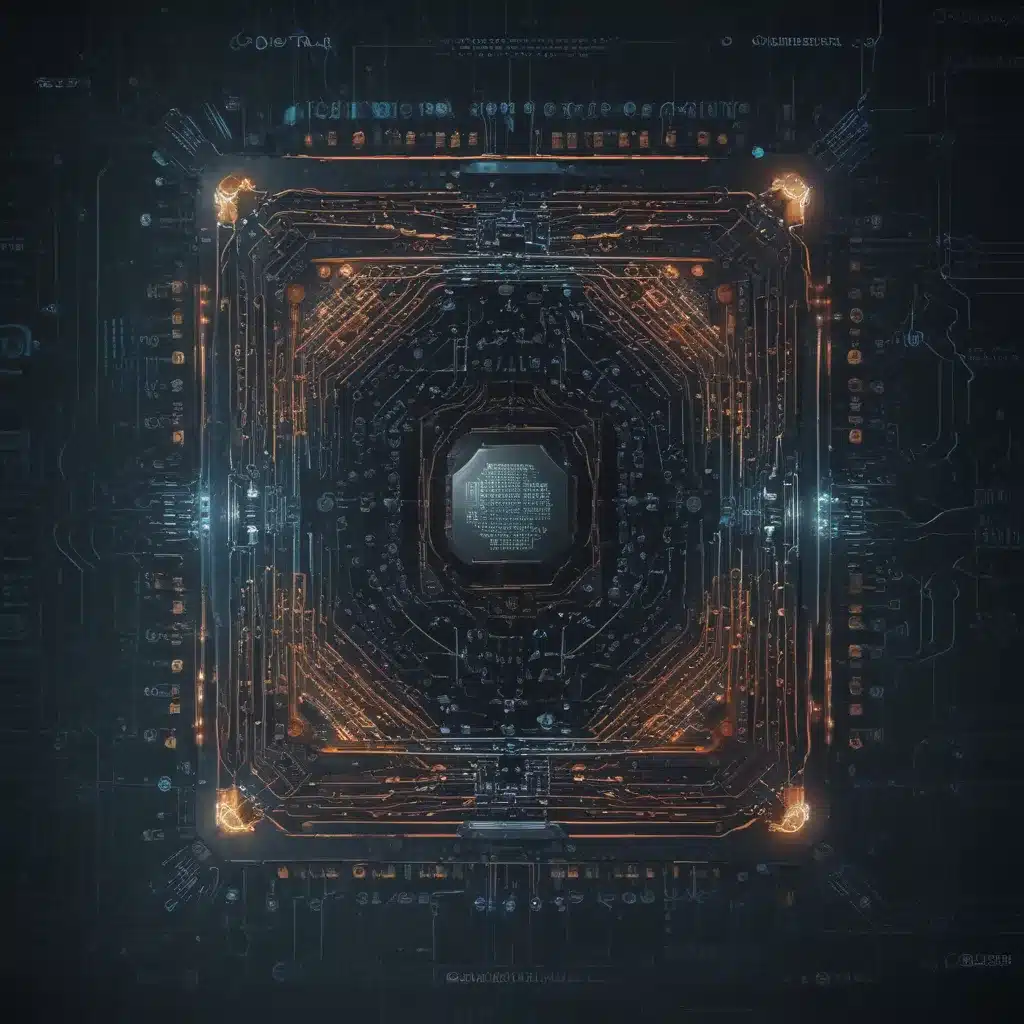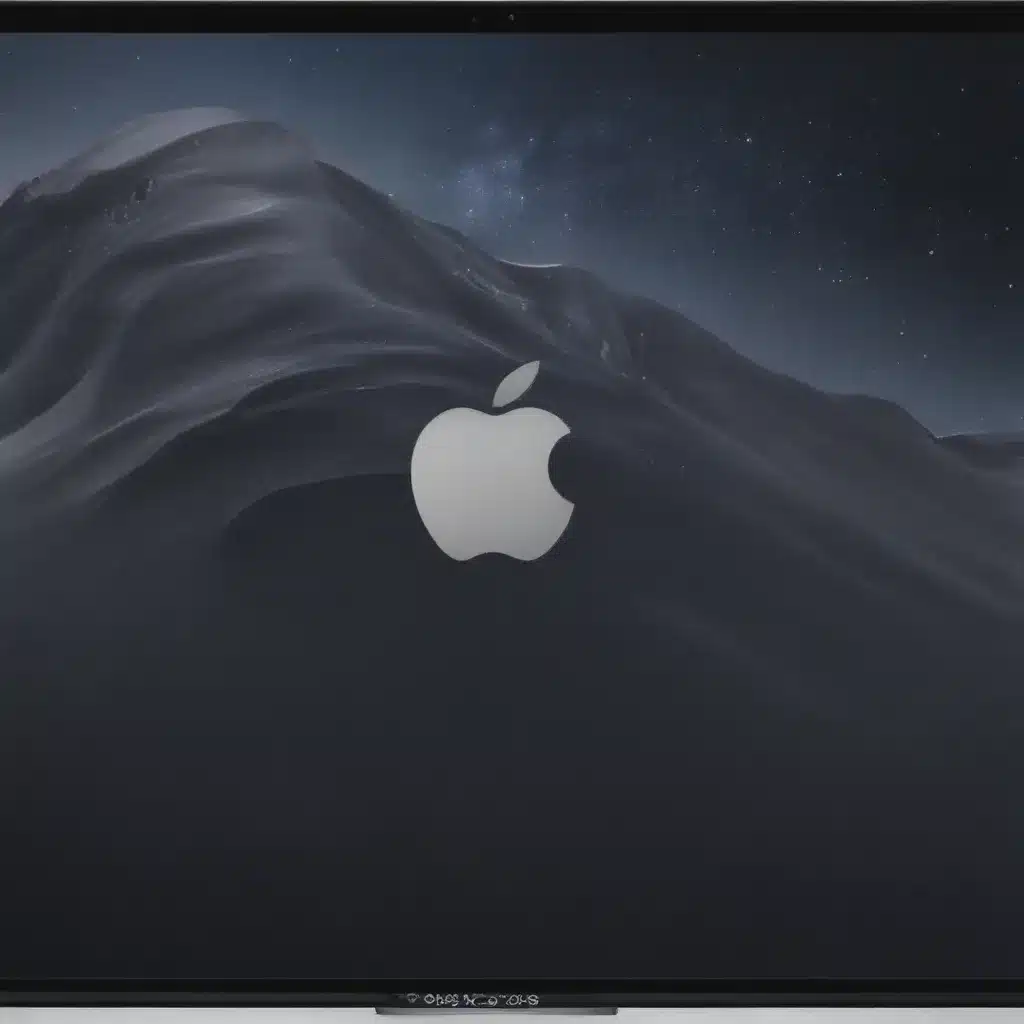Introduction
As PCs get older, they can start to show signs of impending hardware failure. Detecting these issues early and troubleshooting them can help extend the life of an aging computer. This article will go over some of the common warning signs of hardware failure in older PCs and what can be done to address them.
Slow Performance
One of the most noticeable signs of hardware failure is a dramatic slowdown in your computer’s performance. Tasks and programs that used to open quickly now take much longer. This is often a sign that a component like your hard drive or memory is failing.
Some things to try:
- Run disk cleanup and defragmentation utilities to clean up your hard drive
- Check for and remove malware, spyware, and viruses
- Add more RAM if your computer is low
- Replace the hard drive if it is 5 years or older
Computer Freezing or Crashing
Random crashes and freezes are another indicator of hardware problems. This usually means a component is failing or overheating.
Some troubleshooting steps:
- Check CPU and case fans – clean out dust and replace if not working properly
- Monitor CPU and hard drive temperatures – overheating can cause crashes
- Test and replace RAM sticks if errors occur
- Try a fresh installation of the operating system
If crashes persist, the motherboard, CPU, RAM, or hard drive may need replacing.
Blue Screens and Error Messages
The infamous blue screen of death and other error messages often point to hardware issues.
Pay attention to the error codes and messages. They can indicate specifically which component is malfunctioning.
Some steps to take:
- Google the error codes for troubleshooting tips
- Update drivers, especially for graphics and hard drive
- Check hard drive health using a tool like CrystalDiskInfo
- Test RAM with MemTest86+
- Try replacing faulty components
Unusual Noises
Strange noises like clicking, grinding or buzzing coming from the computer can signify a failing drive or fan.
- Clicking noises usually mean the hard drive is failing and data is at risk
- Grinding/buzzing is typically a failing case or CPU fan
- Replace affected fans and drives immediately before permanent damage occurs
Problems Powering On
If your computer experiences issues powering on, it points to power supply unit (PSU) failure, motherboard failure or loose cables.
Some things to try:
- Check all power connections and reseat cables
- Replace the PSU if LEDs and fans don’t turn on
- Try removing unnecessary components and peripherals
- Test the PSU with a multimeter to confirm failure
- Replace the motherboard if power issues persist
Corrupted Data
Data corruption like missing files or constantly corrupted data indicates a hard drive problem.
- Scan drives for errors and bad sectors
- Check S.M.A.R.T. drive monitoring for reliability info
- Make backups immediately and replace failing drives
- Try defragmenting and chkdsk utilities to fix file system errors
Conclusion
While hardware failure is inevitable as computers age, keeping an eye out for the above warning signs can help you address problems proactively. Slow performance, crashes, noise and power issues point to components that may need replacing soon. With preventative maintenance and early troubleshooting, you can keep an older PC running smoothly for years.

